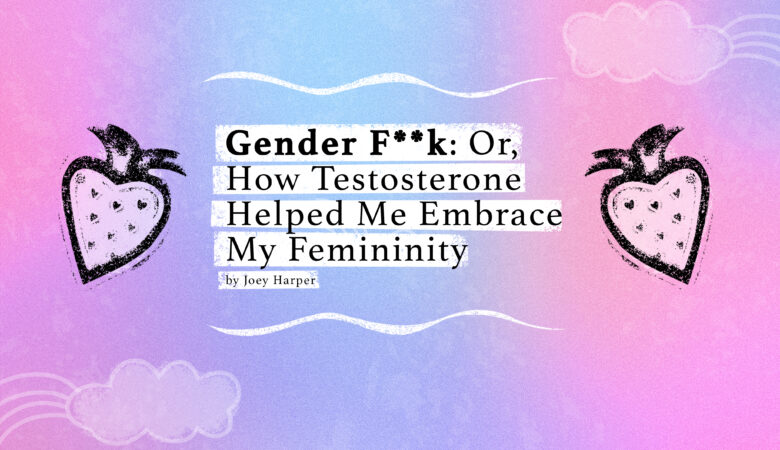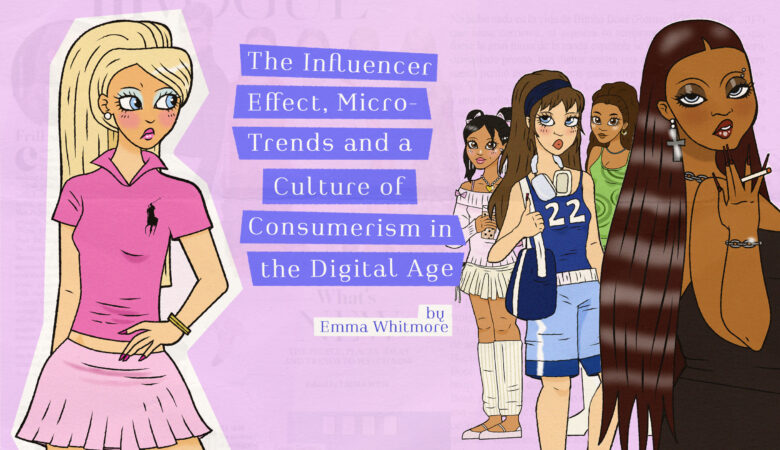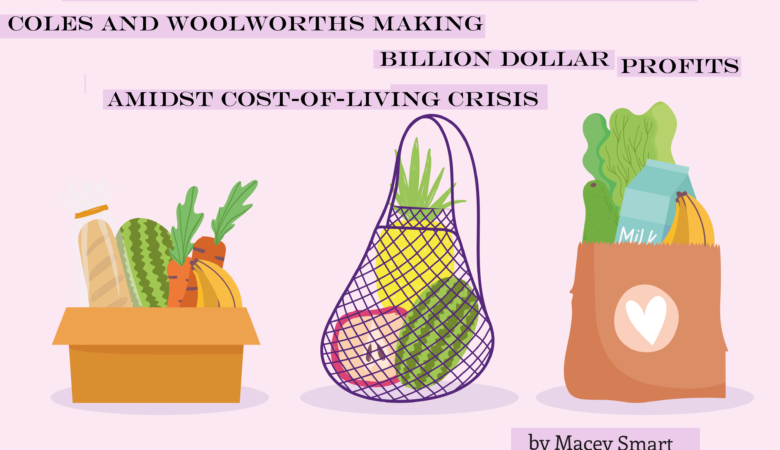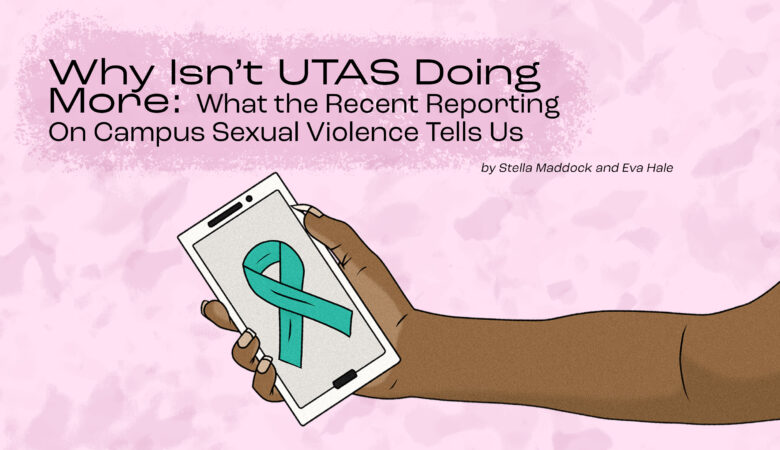CW: Eating Disorders
Let me set the scene: I’m 10 years old growing up in a small town (like, think really, really small… then smaller) and am watching Jennifer’s Body with my older sister. At the time, this film was the talk of the town at my sister’s high school and all of her cooler, mature-er friends were permeating the air with the same question: “Have you seen Jennifer’s Body, yet?”
After realising that it, in fact, is not a porno, my sister decides hey, this is probably appropriate for a 10-year-old, right? I am immediately enthralled and captivated by Megan Fox – so much that I start saying what she says, take notes on how she dresses, how she wears her hair, that amazing heart-themed outfit and that hideous prom dress. When they mention that she takes laxatives, I start sourcing laxatives. So on and so forth. You get the picture.
I rewatch this movie until every cell in my body knows the lines by heart. It plays behind my eyelids when I drift off and I see Jennifer Check swimming across the lake, steaming and ready to seduce another teen boy into her death trap jaws. And through it all, I am wishing upon every star that someday, I can be just like her. Glowy and smiley and clever and confident. Magnetic.
At 22, I rewatch this film to reminisce on an old obsession and I realise something – I had a massive crush on Jennifer. Of course I did. I was absolutely obsessed with her. This was my Shego. My Barbie Mermaidia. I just didn’t know how to recognise it through my lens of internalised biphobia/homophobia.
And so, I started thinking – how many times in my young life have I accepted desire to be simply idolisation? How many girls did I plaster on my walls with the desperate hope to somehow morph into them through osmosis? I had them all watch over me as I slept, my beautiful and polished guardian angels, because it was easier than considering the possibility that maybe I actually just wanted to kiss them. I wanted to become them in the hopes that maybe one day I could understand them. In the hopes that maybe someone could want me the way that I secretly wanted them.
In the words of poet Blythe Baird:
“If I made them into my role model, there was no way they could be my crush.”
Blythe Baird, ‘How to Become a Disney Channel Original Star’
My lack of understanding and acceptance of my own sexual identity led to an unhealthy fixation on the identities of those I was attracted to. Unfortunately, this desire mistaken for idolisation easily slipped into unhealthy and damaging behaviours.
A review of current literature on eating disorders in the queer community (it should be noted that these studies were targeted at the LGBT population) shows that individuals who identify as queer are at higher risk of developing eating disorders or disordered eating behaviours than their heterosexual counterparts. Major risk factors that contributed to engaging in disordered eating behaviours included low sexual identity development and perceived stigma.
With a focus on individuals that identified as bisexual, the review found, “Antibisexual discrimination and internalized biphobia appeared to be associated with internalization of sociocultural standards of attractiveness, which increased body surveillance, sexual objectification, and body shame, which then predicted disordered eating behaviors among both men and women.”
Forced heteronormativity has made it seem more acceptable for a person (especially a young person) to obsess and mimic an individual of the same gender rather than desire them. Why do I feel more comfortable describing my girl-crushes as style inspirations? Why was I so outwardly proud of my folder of Dylan O’Brien GIFs, while hiding my Victoria Justice GIFs like some weird and freaky porn? Transforming this foreign desire into obsession and self-destructive behaviours just made more sense to me. I was googling Ariana Grande’s exercise routines, scrolling through ShopYourTV.com; thinking that if I dressed exactly like Spencer Hastings from Pretty Little Liars, I would finally be able to see her on my screen and not yearn for a single thing. I convinced myself that my obsession stemmed from a desire to become them rather than just a desire for them.
I’d like to make a note that this situation can often be reversed for those who identify as gender queer or experience gender dysphoria. I have spoken to friends who grew up thinking they had a crush on a person, only to realise later that this yearning was actually gender envy.
Of course, it’s instinctual to mirror those we are attracted to and want to be around. But it’s worth asking yourself the question: do I want to become them, or do I want to be with them?
References:
Parker, L.L., Harriger, J.A. Eating disorders and disordered eating behaviors in the LGBT population: a review of the literature. J Eat Disord 8, 51 (2020). https://doi.org/10.1186/s40337-020-00327-y
Baird, Blythe. Sweet, Young, & Worried. Button Poetry, 19 (2022).





